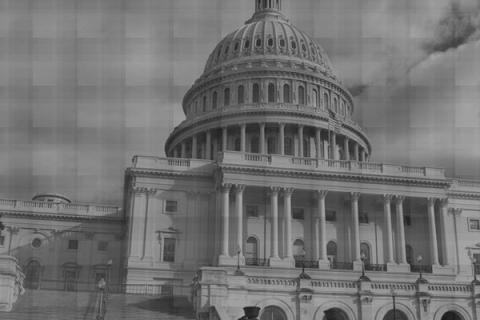Much of what we take for granted in the workplace is the result of ferocious labor vs. management battles from about 1880 to 1940. This includes the 40 hour work week, safety regulations, health plans for employees, and laws against child labor. None of this existed before labor fought for it. Labor conflicts back than were not placid affairs with strikers carrying signs walking around a building. Rather they tended to be pitched battles. Company owners sent in goons with baseball bats and guns to break strikes. Strikers were killed, sometimes by our own government.
Front and center in these battles was the Industrial Workers of the World, also known as the Wobblies. (No one knows how they got that nickname, except that they did.) They organized lumber camps, mines, factories and were quite amazingly fearless. They once marched on a logging camp in the Northwest and were met by the sheriff and his gang. The Wobblies said, “We have the right to organize here.” The sheriff said “I’m the law here.” Fights started and the Wobblies were badly beaten. The next day they marched again on that same camp, were unopposed, and unionized it.
Eugene Debs was a labor organizer, who was so active in the Pullman Strike of 1896 that it became known as "Deb's Rebellion." The government sent in troops. Thirteen strikers were killed. Debs was arrested. He was represented by the famed Clarence Darrow, who switched sides to support him, resigning from his comfortable position as a corporate lawyer to do so. Debs went to prison and upon release, co-founded the IWW.
Debs ran for president as a socialist a number of times. In 1912 he got 6% of the vote, still a record for a socialist candidate. He was imprisoned in 1918 for urging men not to fight in World War I. He ran for president in 1920 while in prison and received almost a million votes or 3.4%. Think about that, a supposedly disgraced political figure ran for president from prison in 1920 and got a higher percentage of votes than most third party candidates get now.
Bill Big Haywood was another co-founder of the Wobblies. He was a physical giant of a man who helped lead many pivotal strikes. In a phrase that has forever endeared him to the hard left he once said “a liberal is the guy who leaves the room when a fight starts.”
Yes, I am quite aware that many in the Wobblie leadership were not Boy Scouts. But the next time you go home after working an eight hour day, you might want to give an appreciative thought to the early warriors of the labor movement who helped make that possible.

